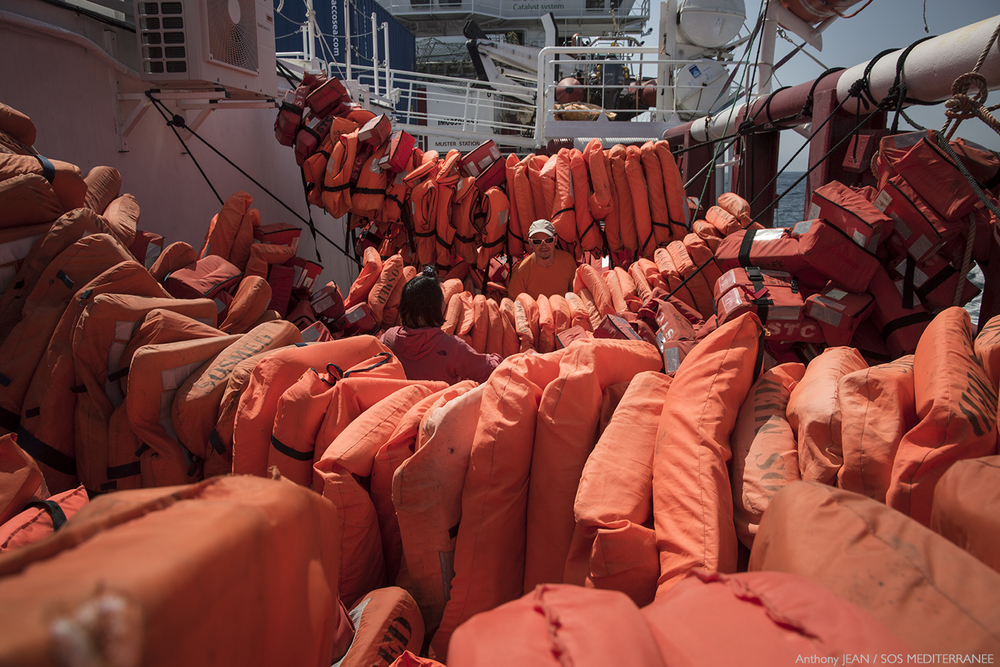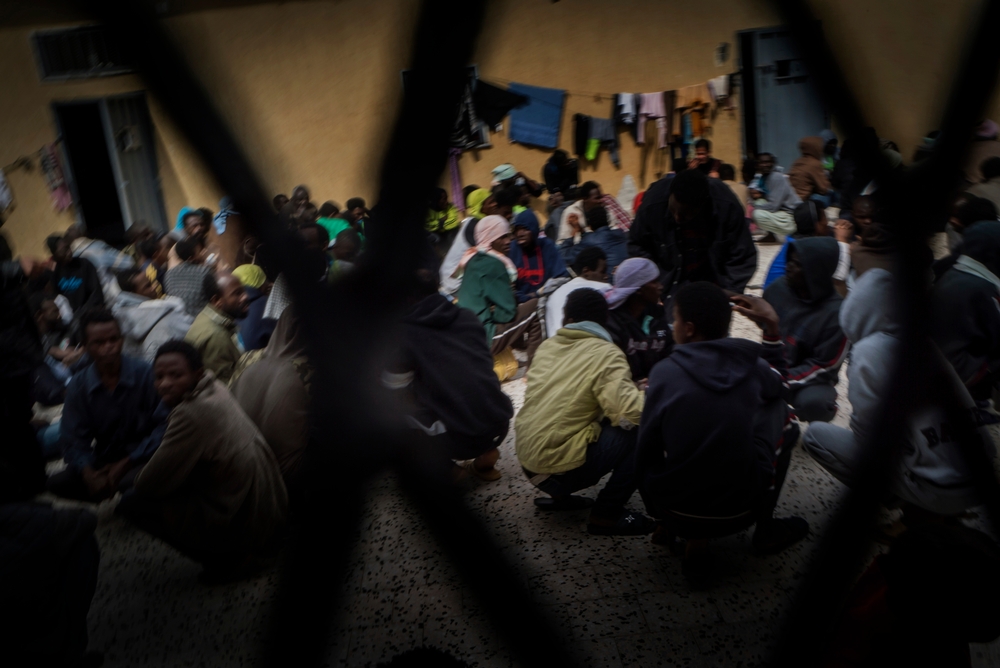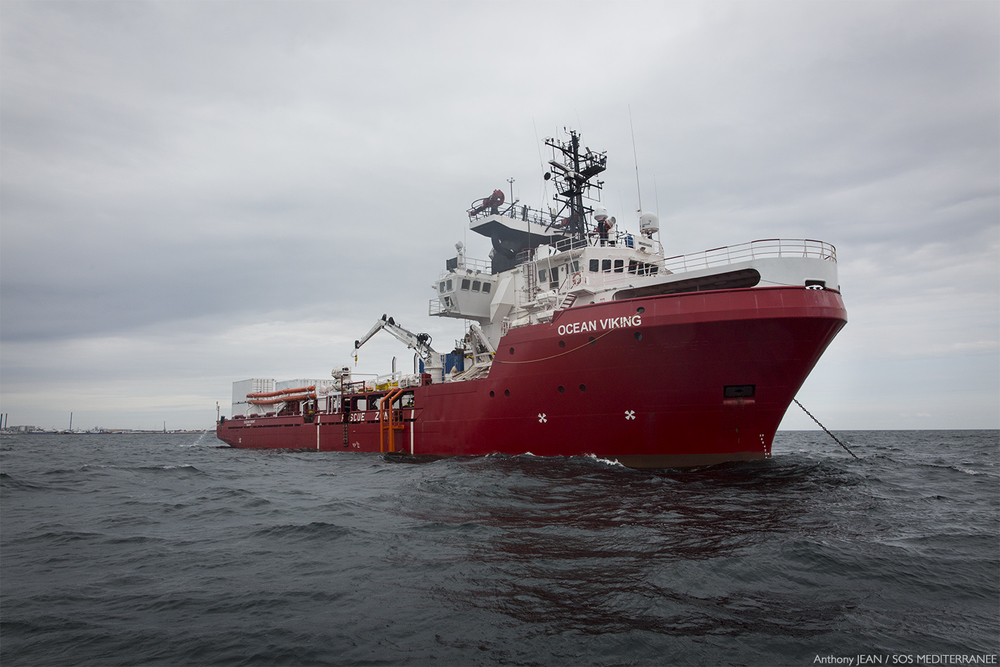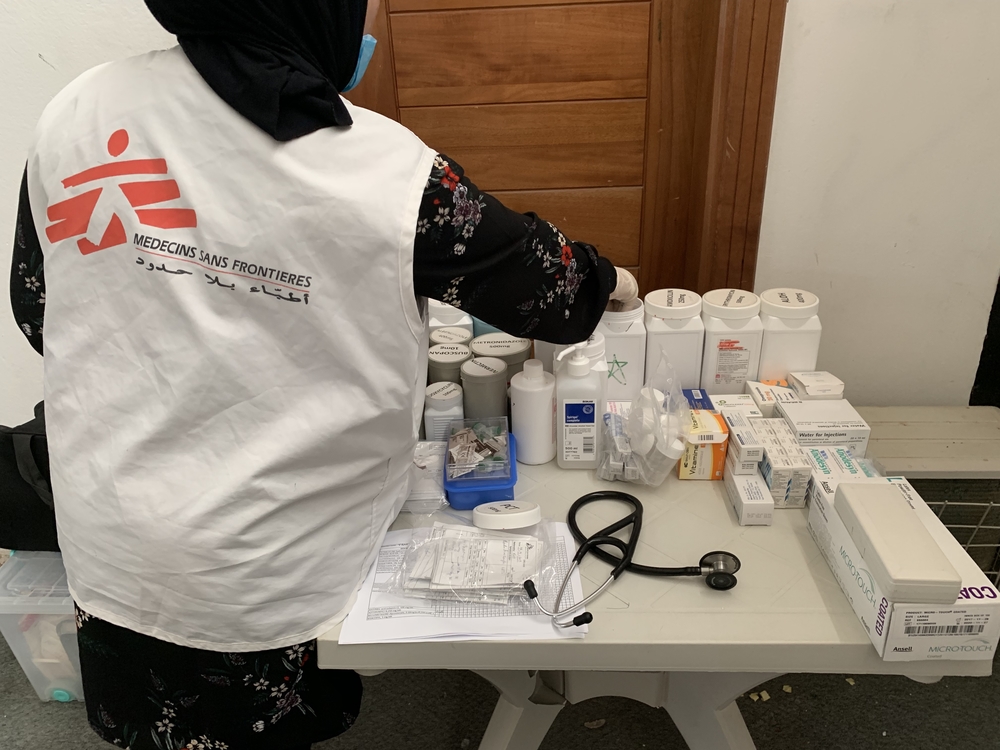We are aware that by doing this we are re-entering a very contentious political debate in Europe. However, one of our fundamental values is impartiality. Put simply, we provide care to people regardless of ethnicity, religion or politics. This is true wherever we work around the world. And, as a humanitarian organisation that takes its cues from medical ethics, we must take action. Right now, large numbers of people are continuing to drown in the Mediterranean and governments are failing to respond to the crisis.
So we will.
1. People are still drowning
Refugees and migrants are continuing to flee Libya. In the first six months of 2019 alone, it's estimated that 9,576 people attempted to cross the Central Mediterranean in dangerously unsafe boats. At least 576 men, women and children are known to have drowned on this desperate journey, according to the Missing Migrants Project.







